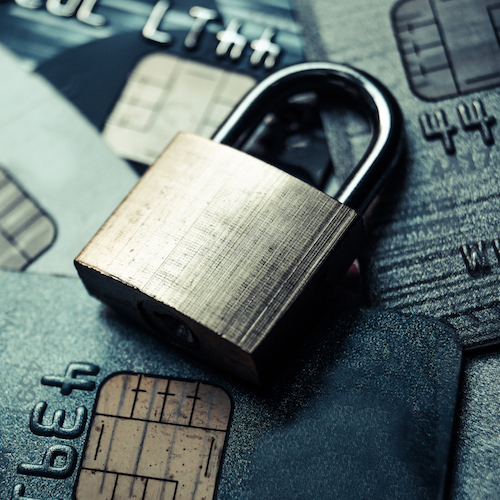Housing
What to Do to Minimize the Impact of the Equifax Breach on Your Ability to Get a Mortgage

Published:
Last Updated:

The sheer scale of the recently disclosed data breach at credit reporting agency Equifax Inc. (NYSE: EFX) makes it one of the worst data breaches ever. Add to that the fact that personally identifiable data like Social Security numbers, names, addresses and even credit card numbers of some 143 million Americans were exposed, and the incident might easily be categorized as the worst ever.
Because your ability to get a mortgage depends on your credit score and credit history, at the very least you can expect some delay in obtaining these, not only from Equifax, but from the other two major credit reporting agencies, Experian and TransUnion. All will take extra precautions to verify that you are, in fact, the who you say you are when you apply for a mortgage or credit card.
While it’s unlikely that cybercriminals would try to take out a mortgage in your name, it is highly likely that they would try to open a new credit card account in your name. If successful, and if they run up a huge bill before they get caught, your debt-to-income ratio could take a severe hit. And because mortgage lenders pay close attention to that ratio, you could be denied a mortgage or, at least, spend hours repairing your history. That translates into days of delay that could cause you to lose your chance to get the home you want.
The experts at Realtor.com recommend that the first thing to do is to check to see if your personal information was compromised. To do that, navigate to the Equifax page the company set up to find out if you are among those whose data was exposed.
If your data has been exposed, immediately contact all three credit reporting agencies, either online or by phone, and freeze your credit. This typically costs less than $10 at each company and you’ll have to pay a similar fee to unfreeze your credit report when you need it for a mortgage or credit card application. The freeze prevents anyone from inspecting your credit history and, most important, from creating a new (fraudulent) account in your name.
It is also worthwhile to sign up for credit monitoring. This gives you the ability to find out immediately if someone tries to open an account in your name. Equifax is offering free monitoring service through its own TrustID program, but there are also several services that are available free. WalletHub has a list.
In addition to these steps, we’ve listed several others you might want to consider. The most important thing to remember is that your personal credit information is more important to you than it is to anyone else. The accuracy of that information is your responsibility.
Thank you for reading! Have some feedback for us?
Contact the 24/7 Wall St. editorial team.